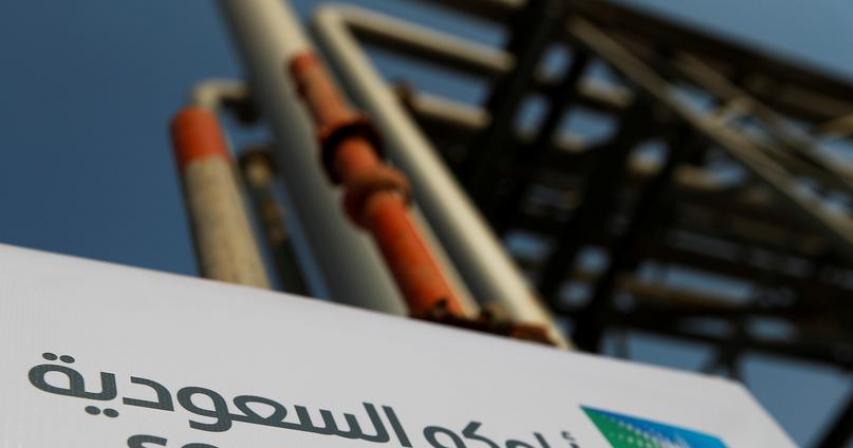Aramco’s next share offer is just as hard a sell
- 3 years ago

Mohammed bin Salman’s market comeback is a bit closer. Saudi Arabia’s crown prince said in January he would consider selling another chunk of shares in Saudi Aramco. Annual results from the $1.9 trillion oil giant, released on Sunday, give a chance to assess what’s on offer.
At first glance Aramco doesn’t look much more attractive to foreign investors than when they largely spurned the 1.5% stake MbS sold in 2019. Falling oil prices due to the global pandemic knocked 44% off net profit, while free cash flow fell 37% to $49 billion even though capital expenditure dropped. Chief Executive Amin Nasser had to borrow to pay his promised $75 billion dividend, over 98% of which goes to the Saudi government. As a result, net debt jumped to 23% of total capital, from nothing a year ago.
Yet Aramco’s leverage remains lower than that of western rivals like Exxon Mobil, Royal Dutch Shell and BP. And the company is best placed to exploit a looming shortage in new oil projects that has helped push prices back above $60 a barrel. Aramco has the lowest production costs, most of the world’s spare oil capacity, and more room to grab market share if western majors retreat. Bank of America analysts reckon that if the company produced the full 12 million barrels of oil it is capable of pumping a day and prices stayed around $75 a barrel, free cash flow would be $118 billion in 2022.
Foreign investors will be paying attention. Even pumping 10 million barrels a day at $60 a barrel would allow Nasser to fully pay the $75 billion dividend out of free cash flow, BofA estimates. Aramco shares yield 4% for 2021, more than Shell after the Anglo-Dutch giant slashed its payout. U.S. President Joe Biden’s recent decision not to sanction MbS for the 2018 murder of journalist Jamal Khashoggi arguably removes one barrier for foreign investors.
Yet Aramco remains an environmental, social and governance minefield. It has a carbon-heavy product, a dominant state shareholder with a poor human rights record, and the potential to add further leverage as it wishes. Total, a western oil major that didn’t cut its dividend, yields over 6% based on its expected 2021 payout. Foreign investors that really want to still invest in oil may stick with that.
Comments